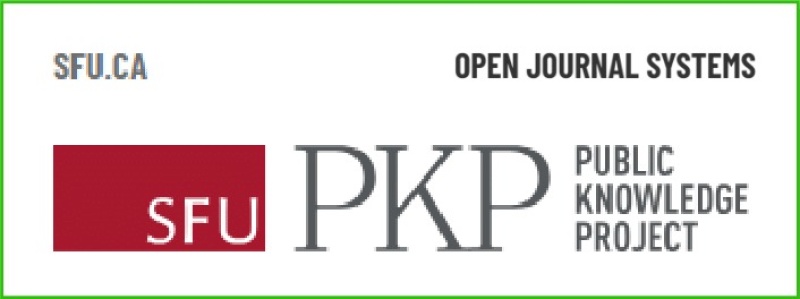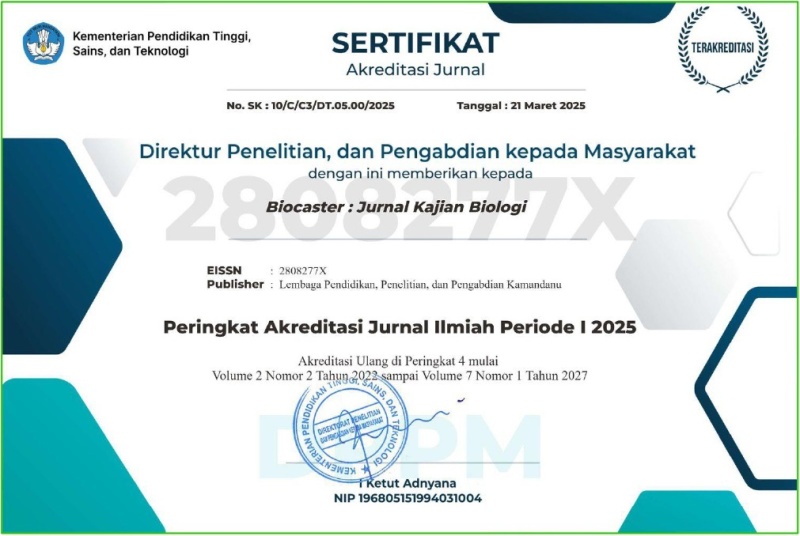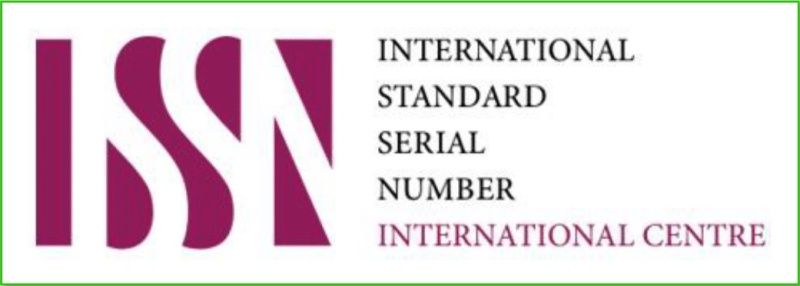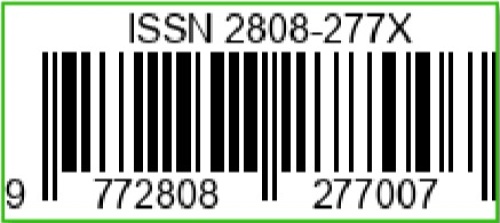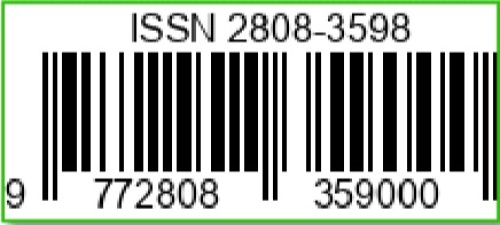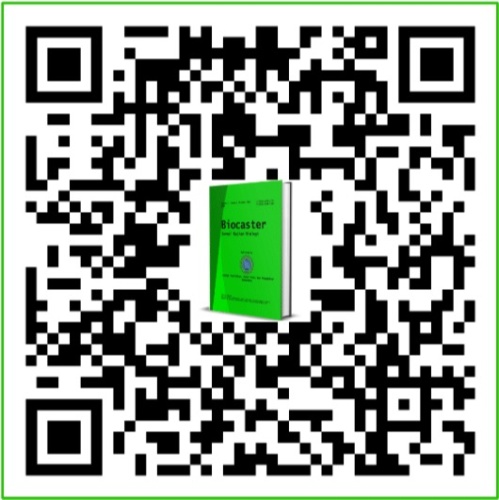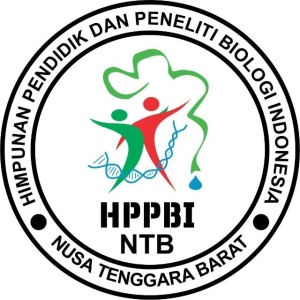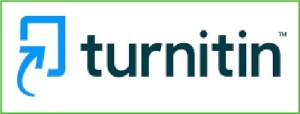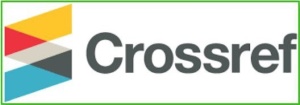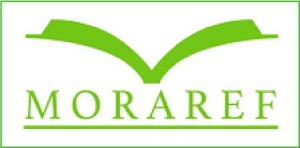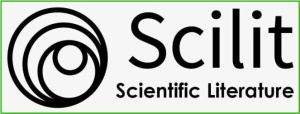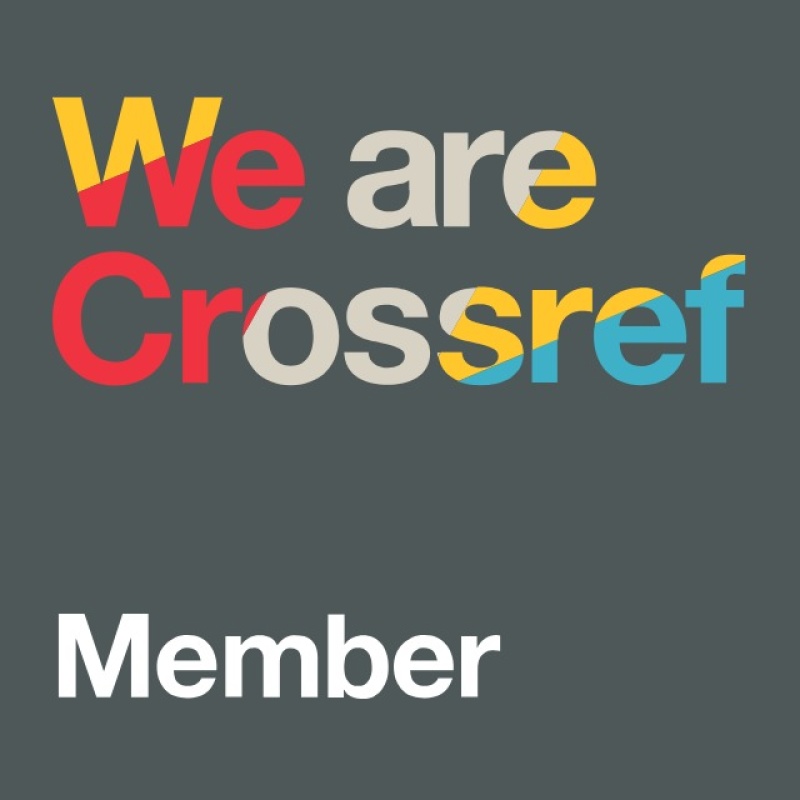Pengaruh Penggunaan Brain Based Learning Berbantuan Wordwall terhadap Keterampilan Proses Sains dan Hasil Belajar Siswa
DOI:
https://doi.org/10.36312/biocaster.v5i3.495Keywords:
Brain-Based Learning, Learning Outcomes, Science Process Skills, WordwallAbstract
Brain Based Learning is an approach based on how the human brain works. This model creates a learning atmosphere that is in harmony with the way the brain naturally processes information, with the hope of increasing student participation and their learning outcomes. In its implementation, the Brain Based Learning model is combined with the use of Wordwalls as a learning aid. Wordwall is a technology-based platform that offers a variety of user-friendly quizzes, games, and activities. This study aims to determine the effect of the use of the Brain Based Learning model and Wordwalls on science process skills and student learning outcomes. This type of research is a quasi-experimental study using a Pretest-Posttest Control Group Design. The research instrument uses a test, with 10 essay questions, 5 questions to measure science process skills, and 5 questions to measure student learning outcomes. The sampling technique in this study uses the Purposive Sampling technique. To analyze the data, the researcher used the t-test with a significance level of 0.05. The results of the analysis show that the t-test obtained a sig. A 2-tailed test of 0.00 (0.00<0.05) for both variables indicates an effect of the Brain-Based Learning model assisted by Wordwall media on the science process skills and learning outcomes of 11th-grade students at SMA Negeri 13 Samarinda on the human sensory system topic.
Downloads
References
Amelia, W., Sundi, V. H., Supena, A., & Yufiarti, Y. (2022). The Impact of Brain Based Learning Strategy on Mathematical Communication Ability of Grade V Elementary School Students. International Journal of Elementary Education, 6(2), 297-304. https://doi.org/10.23887/ijee.v6i2.46651
Hake, R. R. (1999). Analyzing Change/Gain Scores. Bloomington: The Department of Physics, Indiana University.
Khusnah, N. S., Rosiyanti, H., & Bachtiar, B. (2024). Penggunaan Media Pembelajaran Wordwall dalam Upaya Meningkatan Keterampilan Menulis dan Kosakata Bahasa Inggris bagi Siswa Kelas VII SMP Muhammadiyah 3 Cipetir. In Prosiding Seminar Nasional dan Publikasi Ilmiah (pp. 2400-2409). Jakarta, Indonesia: Fakultas Ilmu Pendidikan, Universitas Muhammadiyah Jakarta.
Lubis, M. (2019). Peran Guru pada Era Pendidikan 4.0. Jurnal Pendidikan, Hukum, dan Bisnis, 4(2), 69-70. https://doi.org/10.32493/eduka.v4i2.4264
Miaz, Y., Helsa, Y., Zuardi, Z., Yunisrul, Y., Febrianto, R., & Erwin, R. (2019). The Development of Interactive Multimedia-Based Instructional Media for Elementary School in Learning Social Sciences. Journal of Physics : Conference Series, 1321(3), 1-6. http://dx.doi.org/10.1088/1742-6596/1321/3/032107
Mursali, S., & Safnowandi, S. (2016). Pengembangan LKM Biologi Dasar Berorientasi Pembelajaran Inkuiri untuk Meningkatkan Keterampilan Proses Sains Mahasiswa. Bioscientist : Jurnal Ilmiah Biologi, 4(2), 56-62. https://doi.org/10.33394/bioscientist.v4i2.218
Nasution, M. K. (2018). Penggunaan Metode Pembelajaran dalam Peningkatan Hasil Belajar Siswa. Studia Didaktika : Jurnal Ilmiah Bidang Pendidikan, 11(1), 9-16.
Nugraha, A. J., Suyitno, H., & Susilaningsih, E. (2017). Analisis Kemampuan Berpikir Kritis Ditinjau dari Keterampilan Proses Sains dan Motivasi Belajar Melalui Model PBL. Journal of Primary Education, 6(1), 36-37. https://doi.org/10.15294/jpe.v6i1.14511
Nurfazlin, N., Rahmatika, H., Helendra, H., & Selaras, G. H. (2025). Penggunaan Media Pembelajaran Berbasis Game Wordwall untuk Meningkatkan Hasil Belajar Biologi Siswa Kelas XII SMA. Jurnal Pendidikan Tambusai, 9(1), 2868-2876.
Nurlia, N., Hala, Y., Muchtar, R., Jumadi, O., & Taiyeb, M. (2017). Hubungan antara Gaya Belajar, Kemandirian Belajar, dan Minat Belajar dengan Hasil Belajar Biologi Siswa. Jurnal Pendidikan Biologi, 6(2), 321-327. https://doi.org/10.24114/jpb.v6i2.6552
Parung, Y., Herliani, H., Maasawet, E. T., & Rambitan, V. M. M. (2024). Pengaruh Model Pembelajaran Case Based Learning Berbantuan Augmented Reality terhadap Hasil Belajar dan Keterampilan Proses Sains Siswa. Pendipa : Journal of Science Education, 8(2), 284-291. https://doi.org/10.33369/pendipa.8.2.284-291
Putri, C. A., Munzir, S., & Abidin, Z. (2019). Kemampuan Berpikir Kreatif Matematis Siswa Melalui Model Pembelajaran Brain-Based Learning. Jurnal Didaktik Matematika, 6(1), 12-27. http://dx.doi.org/10.24815/jdm.v6i1.9608
Sugiyono, S. (2013). Metode Penelitian Pendidikan (Pendekatan Kuantitatif, Kualitatif, dan R&D). Bandung: CV. Alfabeta.
Surya, S., Usman, U., Ilyas, S. N., Rahayu, R., & Nuralia, S. (2024). Wordwall Open the Box: Cara Inovatif Mengajar Anak Usia Dini. Jurnal Inovasi Pendidikan dan Teknologi Informasi, 5(1), 115-116. http://dx.doi.org/10.52060/jipti.v5i1.1876
Downloads
Published
How to Cite
Issue
Section
License
Copyright (c) 2025 Rosita Aulia Adzilla, Herliani, Vandalita Magdalena Maria Rambitan, Masitah, & Akhmad

This work is licensed under a Creative Commons Attribution-ShareAlike 4.0 International License.
-
Attribution — You must give appropriate credit, provide a link to the license, and indicate if changes were made. You may do so in any reasonable manner, but not in any way that suggests the licensor endorses you or your use.
-
ShareAlike — If you remix, transform, or build upon the material, you must distribute your contributions under the same license as the original.


